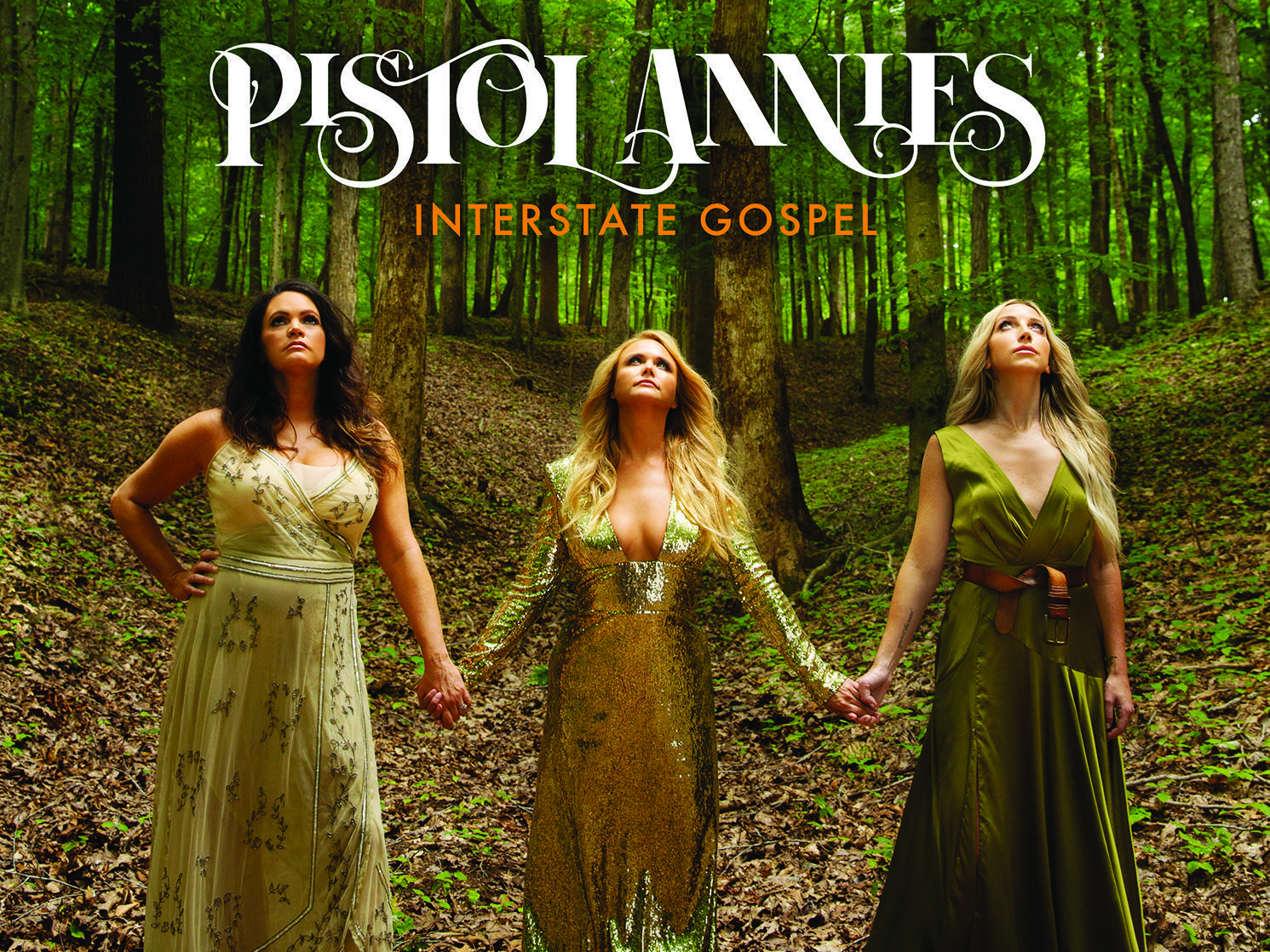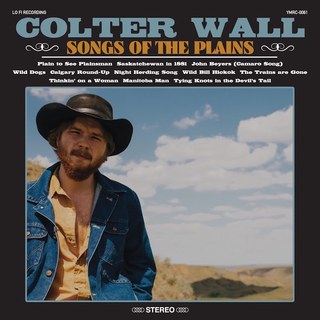Well, after a hiatus that wasn’t really meant to happen at all, much less to become so extended, I am happy to return to writing. Thanks to everyone who reached out to me either here or on Twitter; I was humbled by the love shown for CE and for me personally. It is a long and unnecessary and somewhat ongoing story that has kept me from writing for so long, and I’ll try to prevent it from suspending my writing again, certainly for this length of time.
I hope to catch up with 2019 albums, but I would like to wrap up 2018 a little. The year was never meant to end like that, and everything feels a bit unfinished. There were so many great albums last year, including a few I did not get the chance to write about; Jamie Lin Wilson’s was one of the best of the year, and I regret not getting to review it. I can’t tell you exactly how the rankings would have gone at the end of the year. Even at the midyear mark, I refused to rank albums because so many were so close and so good. I can tell you, however, that Country Exclusive’s 2018 Album of the Year is The Tree by Lori McKenna, and if any of you have failed to give that record a proper listen, you’ll only be helping yourself by rectifying that. I cannot even begin to narrow down the many great songs that would have been in contention, so there is no definite Song of the Year.
At the beginning of 2018, I set a goal to attend twelve live shows and write about them for CE. The end result was that I went to eleven, not counting a second Colter Wall show in November and a Jason Eady show in July because I had already written about Eady in 2017. The last two artists I saw were Tyler Childers and Steve Earle, both in December. I fully intended to write about those two shows, Steve Earle’s being one of the best I have seen in 2018 and really ever. Along with the year-end lists, I had considered writing a recap/conclusion of my experiences with live music in 2018. I may still do that if you guys are interested, but maybe it’s too far after the fact to be relevant.
I am trying to catch up with early 2019 releases, but if there is anything you think I may be overlooking, please let me know. As always, I look forward to sharing and discovering more great music with you all!


